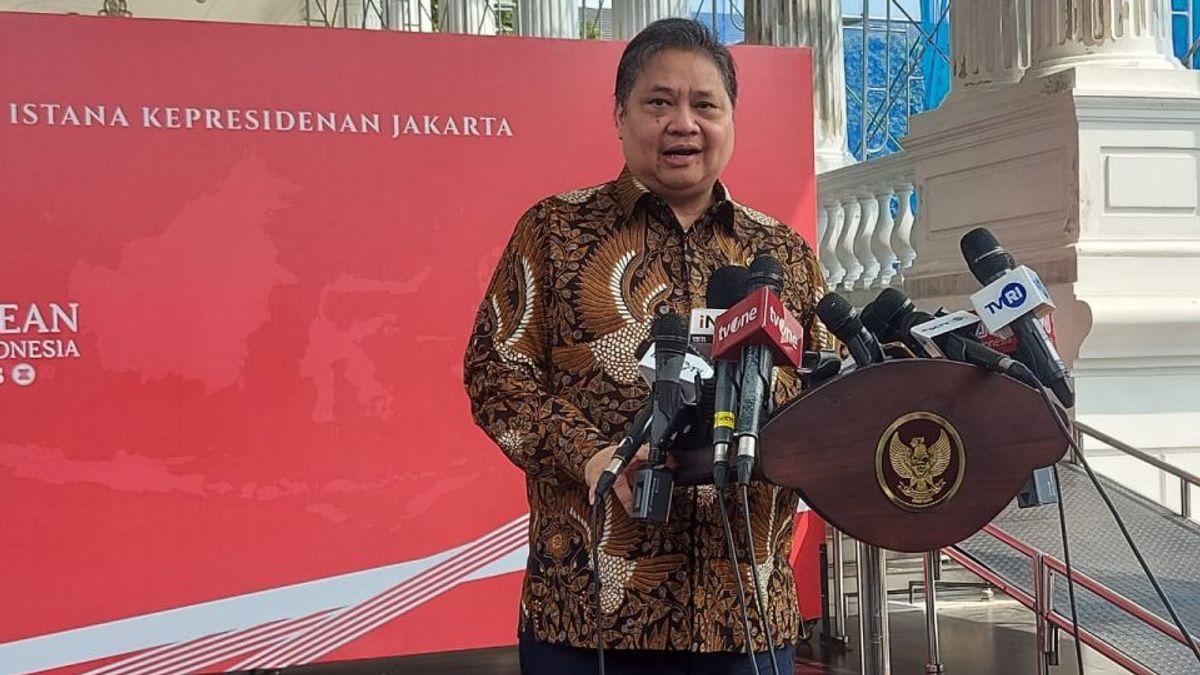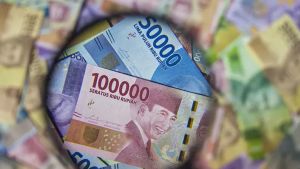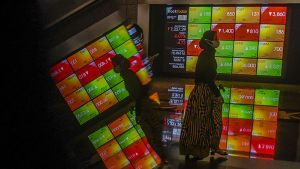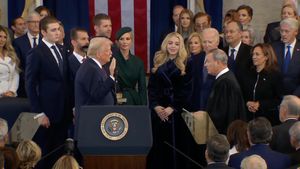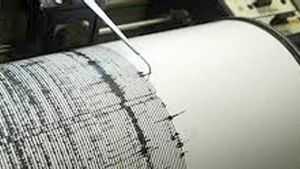Coordinating Minister for Economic Affairs Airlangga Hartarto said the rupiah exchange rate and the Composite Stock Price Index (JCI) were weakening globally.
Even so, Airlangga ensured that Indonesia's position was still much better.
"The exchange rate and the JCI have weakened globally, but Indonesia compared to peer countries is relatively safe," he said at the State Palace, Jakarta, Tuesday, April 16.
Although still safe, Airlangga said the government needed to implement several policies. Among others, the fiscal and monetary mix, maintaining stability and exchange rates.
"Including maintaining the state budget, and monitoring the increase in logistics and oil prices," he explained.
Airlangga said that in the real sector, the impact of exchange rate depreciation and increase is one that can be seen. In addition, he said, this condition also greatly affects imports and the effects of exporters getting more foreign exchange.
"Of course plus minus must be considered. The government continues to look at structural reforms and maintain investor expectations and also strengthen competitiveness and also attract long-term investments into Indonesia. This certainty must be maintained," he said.
SEE ALSO:
Airlangga also said that fundamentally the Indonesian economy grew solid by 5 percent with inflation of 2.5 plus minus 1 percent. Where the trade balance also experienced a surplus.
"Devisa reserves are still around 136 billion US dollars," he said.
The English, Chinese, Japanese, Arabic, and French versions are automatically generated by the AI. So there may still be inaccuracies in translating, please always see Indonesian as our main language. (system supported by DigitalSiber.id)
